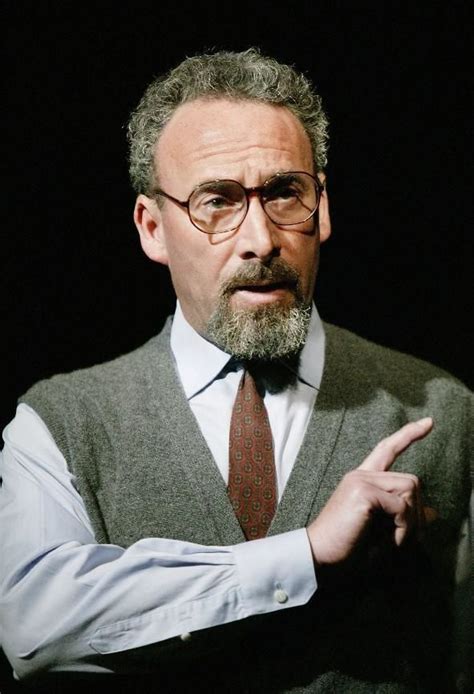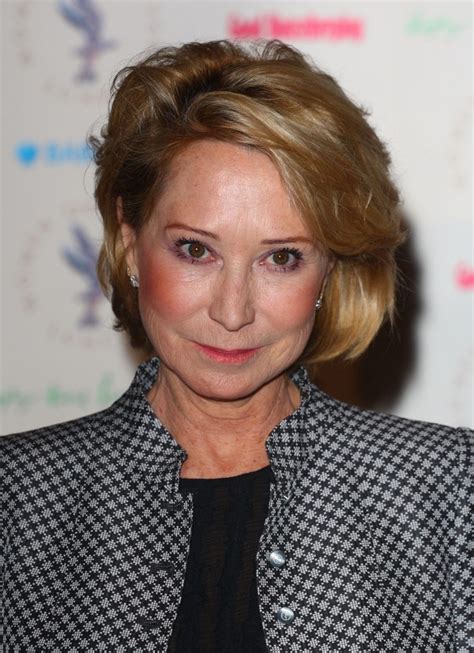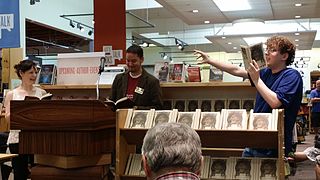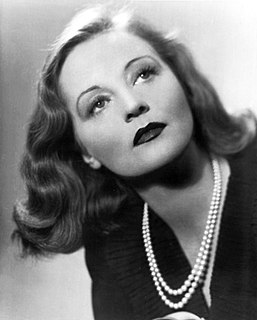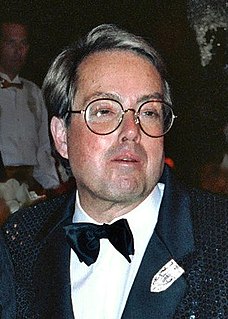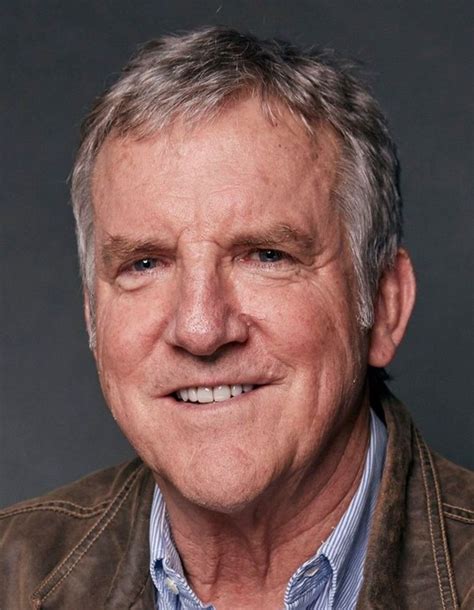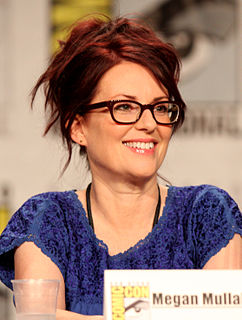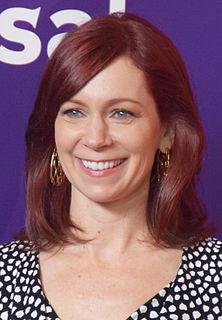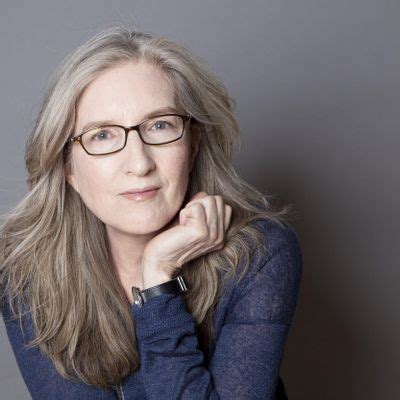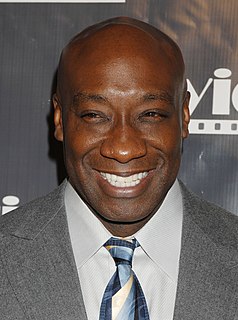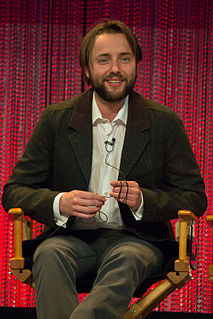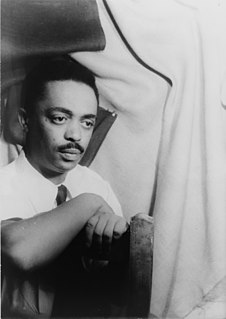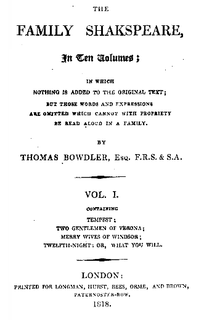Top 1200 Reading Shakespeare Quotes & Sayings - Page 2
Explore popular Reading Shakespeare quotes.
Last updated on December 23, 2024.
I grew up in a theater family. My father was a regional theater classical repertory producer. He created Shakespeare festivals. He produced all of Shakespeare's plays, mostly in Shakespeare festivals in Ohio. One of them, the Great Lakes Theater Festival in Cleveland, is still going. So I grew up not wanting to be an actor, not wanting to go into the family business.
My personal view is that reading has to be balanced. Obviously, there's a certain amount of reading that we have to do academically to continue to learn and to grow, but it's got to be balanced with fun and with elective reading. Whether that's comic books or Jane Austen, if it makes you excited about reading, that's what matters.
Reading is everything. Reading makes me feel like I've accomplished something, learned something, become a better person. Reading makes me smarter. Reading gives me something to talk about later on. Reading is the unbelievably healthy way my attention deficit disorder medicates itself. Reading is escape, and the opposite of escape; it's a way to make contact with reality after a day of making things up, and it's a way of making contact with someone else's imagination after a day that's all too real. Reading is grist. Reading is bliss.
I grew up in this household where reading was the most noble thing you could do. When I was a teenager, we would have family dinners where we all sat there reading. It wasn't because we didn't like each other. We just liked reading. The person who made my reading list until my late teen years was my mom.
In Shakespeare the birds sing, the bushes are clothed with green, hearts love, souls suffer, the cloud wanders, it is hot, it is cold, night falls, time passes, forests and multitudes speak, the vast eternal dream hovers over all. Sap and blood, all forms of the multiple reality, actions and ideas, man and humanity, the living and the life, solitudes, cities, religions, diamonds and pearls, dung-hills and charnelhouses, the ebb and flow of beings, the steps of comers and goers, all, all are on Shakespeare and in Shakespeare.
I believe strongly in what John Keats called negative capability: the trait or practice that allows a poet to remain in uncertainties, mysteries, doubts, without any irritable reaching after fact & reason. For Keats, William Shakespeare exemplified negative capability, and I do think it's extraordinary that for all the thousands of pages Shakespeare left behind, we really don't know much about Shakespeare's own personality or opinions.
I had been in a Shakespeare company for three years and done a lot of Shakespeare. That was fun. That was interesting. It was a lot of work - anything other than Shakespeare was less work. I had a lot of interesting roles, but I don't point to them and say, "That was more interesting than that," because I don't know what the criteria are.
I went to a Jesuit school and they did a William Shakespeare play every year. I got to know Shakespeare as parts I wanted to play. I missed out on playing Ophelia - it was an all-boys school. The younger boys used to play the girls, I played Lady Anne in Richard III and Lady Macbeth, then Richard II and Malvolio. I just became a complete Shakespeare nut, really.
But in reading Shakespeare and in reading about Edward de Vere, it's quite apparent that when you read these works that whoever penned this body of work was firstly well-travelled, secondly a multi-linguist and thirdly someone who had an innate knowledge of the inner workings and the mechanisms of a very secret and paranoid Elizabethan court. Edward de Vere ticks those three boxes and many more. William of Stratford gave his wife a bed when he died [his second best bed].
Once an actor told me he went to the Shakespeare School of Acting, and I said, 'I went to the Shakespeare of Acting, too' and he said, 'Oh really?' And I said, 'I went to Shakespeare Elementary School in Chicago.' He didn't take the joke well, he didn't laugh and didn't think it was funny - I thought it was funny. It's all the same to me.
Teenagers are always sneaking around in drawers where they shouldn't go and reading things they shouldn't be reading. And that's an attempt to try, I think, to penetrate, that's how I found out as a teenager what was going on, was by sneaking into drawers and reading letters that I had no business reading.
Until I was a junior in high school, I was a "boy scientist" type and expected to go into chemistry. Then I discovered the humanities. I read the plays of Shakespeare voraciously, some novels, such as Pasternack's Dr. Zhivago and Sinclair Lewis' Main Street, and I got into philosophy by reading Kierkegaard and Nietzsche.
It's easier to do Shakespeare than Spelling, and I know that sounds crazy, because the challenge of Shakespeare is living up to Shakespeare, living up to that word, not failing, you know, where with Aaron Spelling it's like, just try to look good. Or maybe don't use Spelling there, that's bad. No - you can. He's dead.
I attended school regularly for three years. I learned to read and write. 'Lamb's Tales' from Shakespeare was my favourite reading matter. I stole, by finding, Palgrave's 'Golden Treasury.' These two books, and the 'Everyman' edition of John Keats, were my proudest and dearest possessions, my greatest wealth.



